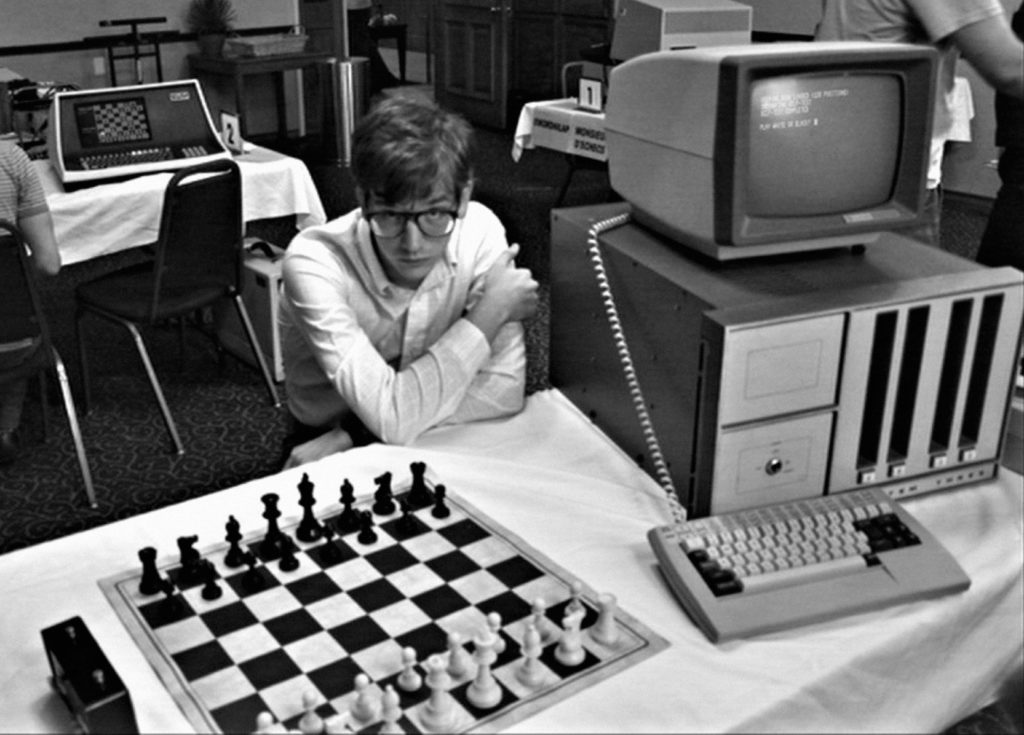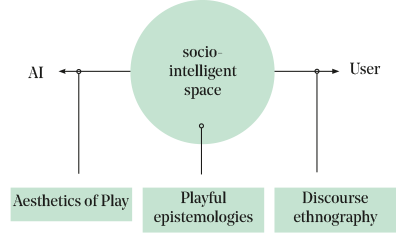Computer Games driving AI & transforming Society

About the project
The research project »Mind the Game« brings together computer game industry and AI researchers, design and game studies for exploring and developing scenarios for ludic AI methodologies, epistemology, aesthetics and strategies to hide and highlight AI.
funded by Volkswagen Stiftung, 2019 to 2020
Artificial Intelligence (AI) increasingly dominates the public discourse on future society. Selfdriving cars, robots that care for elderly people and autonomously deciding algorithms in user applications will transform our social life. However, while most of the publicly discussed smart cars, robots, and algorithms are still to be developed in academic and industrial labs, the massive exposure of millions of users to AI in computer games is already part of our everyday experience. Games have an audience of 46% of the German population and even larger audiences in countries like Japan, the US, China and Korea regardless of gender, ethnicity, social or educational background. While we are worried about a few autonomous cars running in supervised test conditions in California, we have gotten used to driving amongst autonomous cars in games like Grand Theft Auto V or Forza Motorsport— fully equipped with autonomous path finding algorithms, collision detection, obstacle recognition and other advanced AI methods. Games provide a continuous ubiquitous and pervasive mode of testing AI, disseminating AI technologies, and introducing AI in a massive prosumer community.
AI in games is a well-established technology but surprisingly a less explored topic in today’s discussions on AI. AI in games has a huge impact on both children and adults by socially adapting 34 Million German citizens to AI on a daily basis. Thus, our main hypothesis is that AI is not a future technology but has long been part of the living rooms of our present society, opening up an unexplored “socio-intelligent space.” Therefore, it is time to “Mind the Game!” and to scientifically explore the “socio-intelligent space” of AIs and users in games, its adaptive impact on society, but also its growing influence on academic AI research. It is no coincidence for example that the world’s leading producers of graphics processing units (NVIDIA corporation) is now developing hardware for the use in AI research and is partnering with big “real world” automobile companies. It was this coalition, which has recently changed the paradigm in the field of autonomous cars from programming to machine learning.
Besides and more specifically, we‘d like to look at possible transfers from game development to science and industry, e.g. in the field of generative design processes (mechanical engineering) and world perception of AI or rather the human-AI-collaboration (cognitive science and epistemology).
– Funded by –



